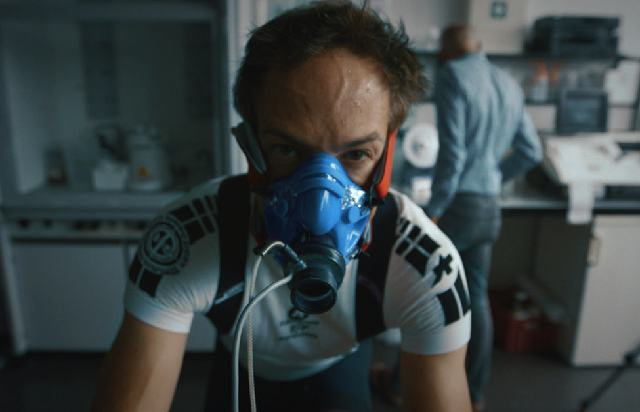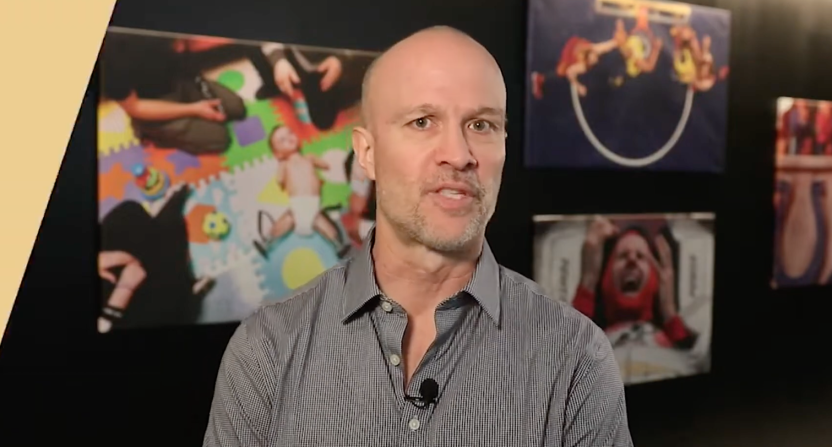The latest
As reported by Variety’s Brent Lang and Ramin Setoodeh, Icarus was purchased by Netflix for $5 million. What started out as a documentary intended to show the effects of PEDs ended up becoming an investigation into the Russian sports doping scandal that became a huge international story leading up to the 2016 Rio Olympic Games.
“To investigate doping in sports, director Bryan Fogel, an amateur bike racer, decided to dope himself to see if it would strengthen his endurance. To do so, he connected with a renegade Russian scientist, Dr. Grigory Rodchenkov. Through the doctor, Fogel was able to blow the lid off Russia’s state-sponsored Olympic doping program. With reports of Russian meddling in the U.S. election dominating the news, ‘Icarus’ could not be more topical.”
A separate feature on the documentary by Variety‘s James Rainey explains how the story of the documentary developed as Fogel explored performance enhancing substances and regimens more thoroughly:
“The more miraculous revelations were not from the chemicals, but the stories that Rodchenkov was delivering to Fogel. He confided to Fogel that, rather than assuring his countrymen followed anti-doping rules in Sochi, he had helped them to evade detection. ‘He tells me he believes it is impossible to win a gold medal in Olympic Games, in any sport, without pharmacological help,’ Fogel recalled this week. ‘That was pretty amazing.'”
The entire process of making Icarus is itself an intriguing study on how a project can start out as one thing and then become something else entirely as the filmmaker does research and reporting. What was initially intended as sort of a goofy Super Size Me-type of self-experiment became a much more serious, journalistic endeavor as Fogel learned more from Rodchenkov. The director put the scientist in touch with New York Times reporters, which led to a large investigative series of articles for the newspaper.
Fogel explained the evolution of his film further in a Q&A at Sundance, as reported by USA Today‘s Patrick Ryan:
“‘I made a choice as a filmmaker that I didn’t want to become an investigative journalist; I was on my mission, and my mission was to do drugs and see if I could evade testing,’ Fogel said in an audience Q&A. But after a year of filming with Rodchenkov, ‘there was a moment of, ‘Oh my god, this guy’s going to be killed, and I got to get him out of him (Russia).’ That was when there was a moment of fear and excitement as a filmmaker, that this story was taking this incredible journey. But I was truly fearful.'”
In a review of Icarus, The Hollywood Reporter‘s Todd McCarthy knocks the film for “a mangy, almost home-movie feel” that probably should have been cut tighter to just follow the Rodchenkov story.
No word on when Netflix will release Icarus for consumers, but Variety mentioned that the streaming provider intends to pursue awards for the film, which likely means it will get a theatrical release first and become available after that. With awards ambition, the guess is that Netflix will release the film sometime in the summer or fall, perhaps after it can generate further buzz.
[Variety]







Comments are closed.